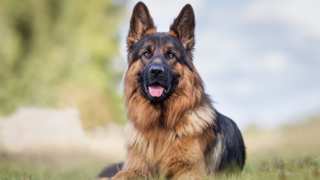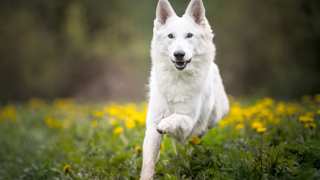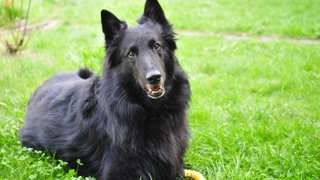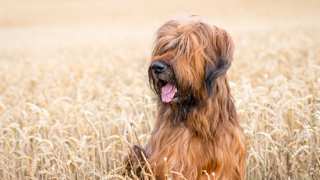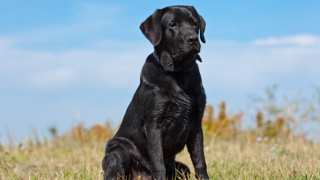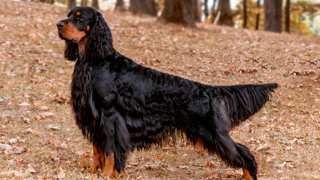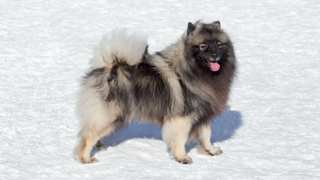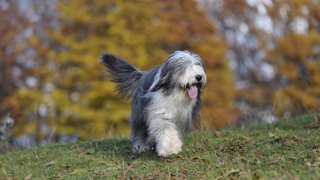Collie Care
The Collie is one of the most famous dog breeds in existence, thanks to the popularity of the Lassie film and TV series. These dogs come in Rough- and Smooth-coated varieties, but the care needed for both variants is essentially the same. (The Rough variety--of which Lassie was one--is more common, so this breed is often called the Rough Collie.) Regardless, Collies are whip-smart, friendly, and energetic, and have strong herding instincts that make them extremely protective and loyal. Overall Rough Collie care and maintenance won't take too much work, and will need to include a good bit of daily exercise--along with plenty of TLC, of course!
Here you'll find plenty of details on looking after a Collie: puppy care and development, exercise needs, diet and nutrition, and other assorted Collie tips are all covered. Get answers to your questions about raising a Collie in the following sections!

